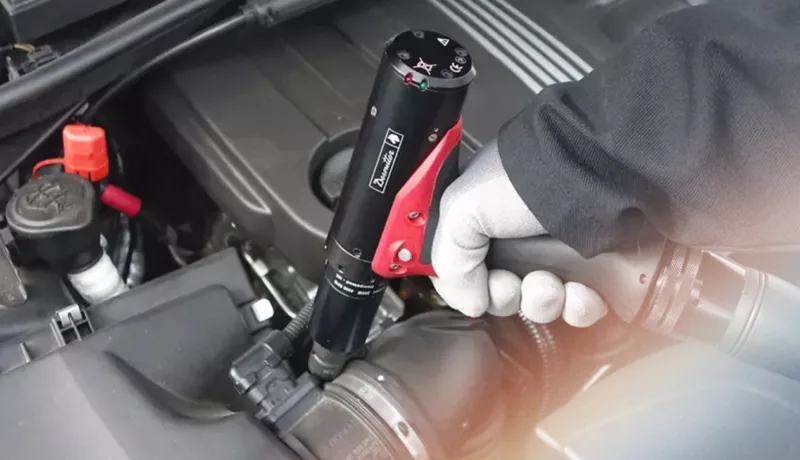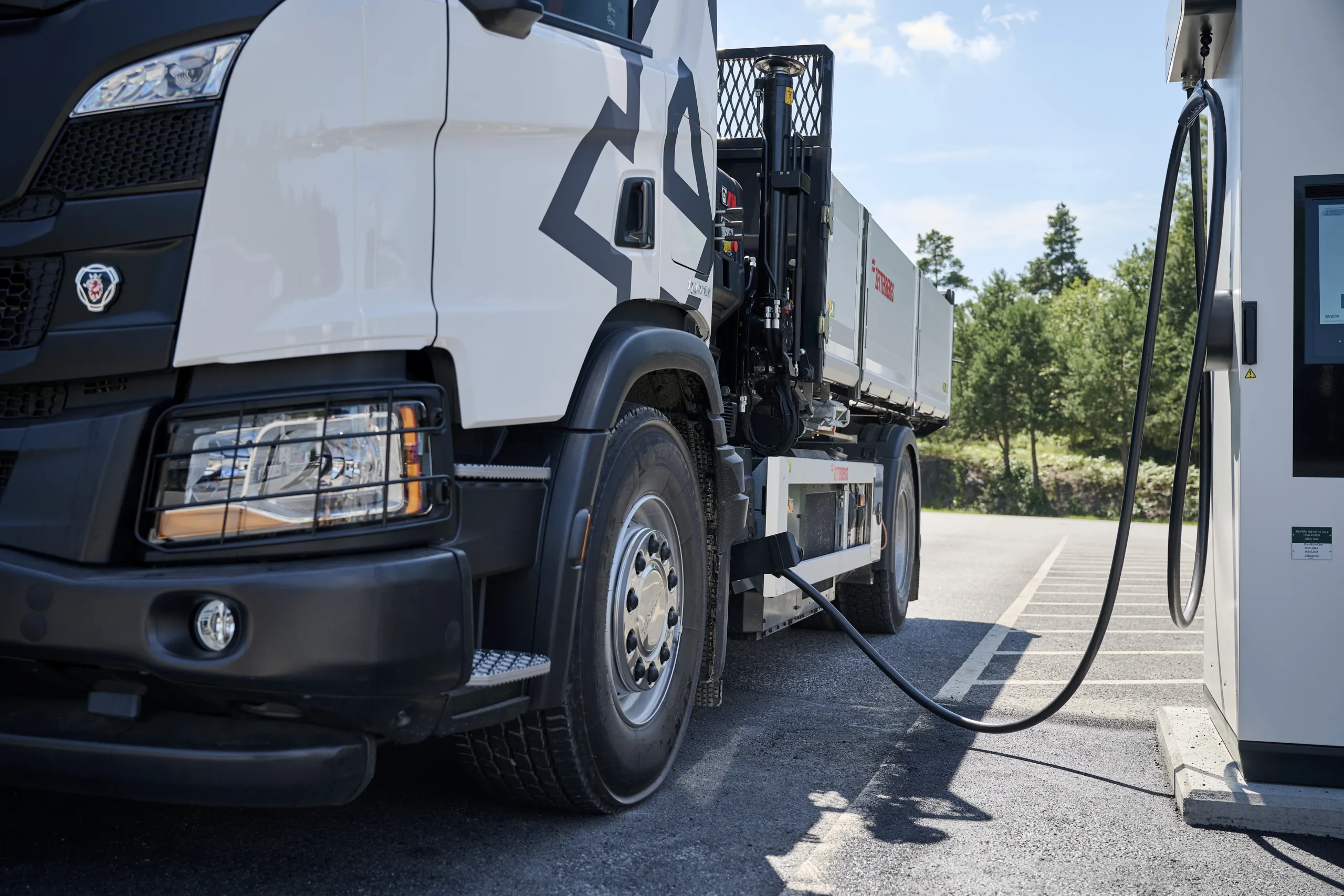Scania is at the forefront of electrifying the heavy transport industry, strategically targeting scope 3 emissions reduction by delivering comprehensive electrification solutions to customers alongside a sustainable product offering. Microgrids can play a vital role in complementing the local power grid to enable electric vehicle charging infrastructure through the integration of micropower plants. If you offer a cutting-edge microgrid solution tailored for heavy vehicles, we are eager to hear from you.
Opportunity overview
Electrified transport involves a complex network of interdependent elements, encompassing not only vehicles but also charging requirements. To remove this complexity for Scania’s customers, all Scania electric vehicles are offered as part of a comprehensive solution, which includes tailored services and depot charging solutions, all managed and optimized through remote analytics. As part of its commitment to achieving science-based targets for a low-carbon future, Scania is accelerating the electrification of its vehicle fleets, with microgrids emerging as a potential technology in this transformative journey. Microgrids can provide the clean, reliable, and independent power solutions needed to charge battery-electric vehicles (BEVs), particularly in areas lacking traditional charging infrastructure.
Scania is now exploring innovative solutions for managing load balancing, energy management, and capacity sharing within microgrid setups. The envisioned solutions can be seamlessly integrated primarily into remote and non-urban locations such as off-road and mining environments, as well as in defined urban areas. The focus is on the design and deployment of microgrid and energy generation systems capable of supporting the energy demands and industry standards for heavy-duty battery electric vehicles. This involves integrating renewable energy sources to provide a sustainable and sustainable energy supply for customer operations.
Examples we're looking for
Intelligent energy management solutions
Smart technologies for prediction, real-time monitoring, and control of energy generation, storage, and consumption, ensuring optimal load balancing, capacity sharing, and efficiency. The sought solution should be capable of dynamically distributing power to meet the varying demands of BEVs, preventing grid overload and enhancing energy utilization.
Renewable energy optimization
Solutions for maximizing the use of solar, wind, and other renewable energy sources within microgrids to power BEVs, thereby ensuring a sustainable charging infrastructure.
Flexible infrastructure integration
Microgrid designs that are adaptable and scalable, capable of harnessing and combining different energy sources, supporting the growth of BEV fleets and varying operational needs in remote settings and urban industrial areas.

Smart Quality Control with Atlas Copco
Desoutter – part of Atlas Copco Group – develops various industrial assembly tools, complemented by cutting-edge software solutions that enable precise control over industrial processes, along with the traceability and analysis of…
Learn more
Solid Sorbent Technology for Carbon Capture with Munters
Munters is a global leader in energy-efficient air treatment and climate solutions. With this opportunity, Munters Clean Technologies aims to expand its presence in the carbon capture segment to complement our emission…
Learn more
Cloud-based Operational Profiles For Aftermarket Services with Epiroc
Epiroc is a vital part of a sustainable society and a global productivity partner for mining and infrastructure customers. Recognizing the increasing importance of data-driven decisions in aftermarket services, Epiroc is looking…
Learn more

